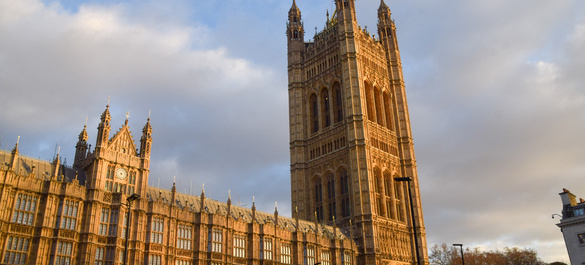
Research and Innovation Strategy
Explore our policy work on research and innovation strategy
We inform government strategy by responding to inquiries, releasing position statements on the issues that matter to our members, and engaging with government to champion the contribution of microbiology in policy-making.
Consultation responses
Position statements
Image Credits
iStock/Susanne Neuman
iStock/Vladisla Zolotov
iStock/Maxkabakov
iStock/yktr
iStock/vv shots
iStock/jmci
iStock/Vladislav Zolotov
iStock/anyaivanova
iStock/wacomka
iStock/AndreyPopov










